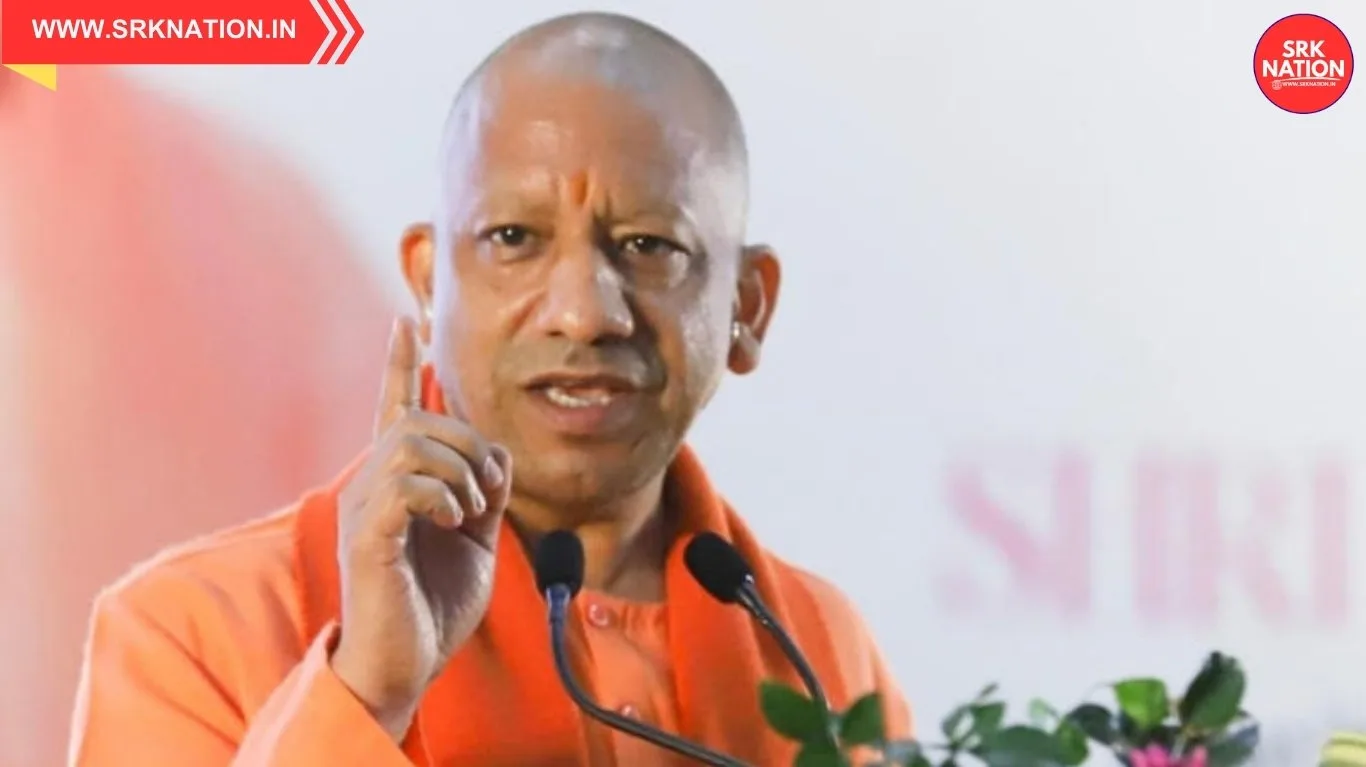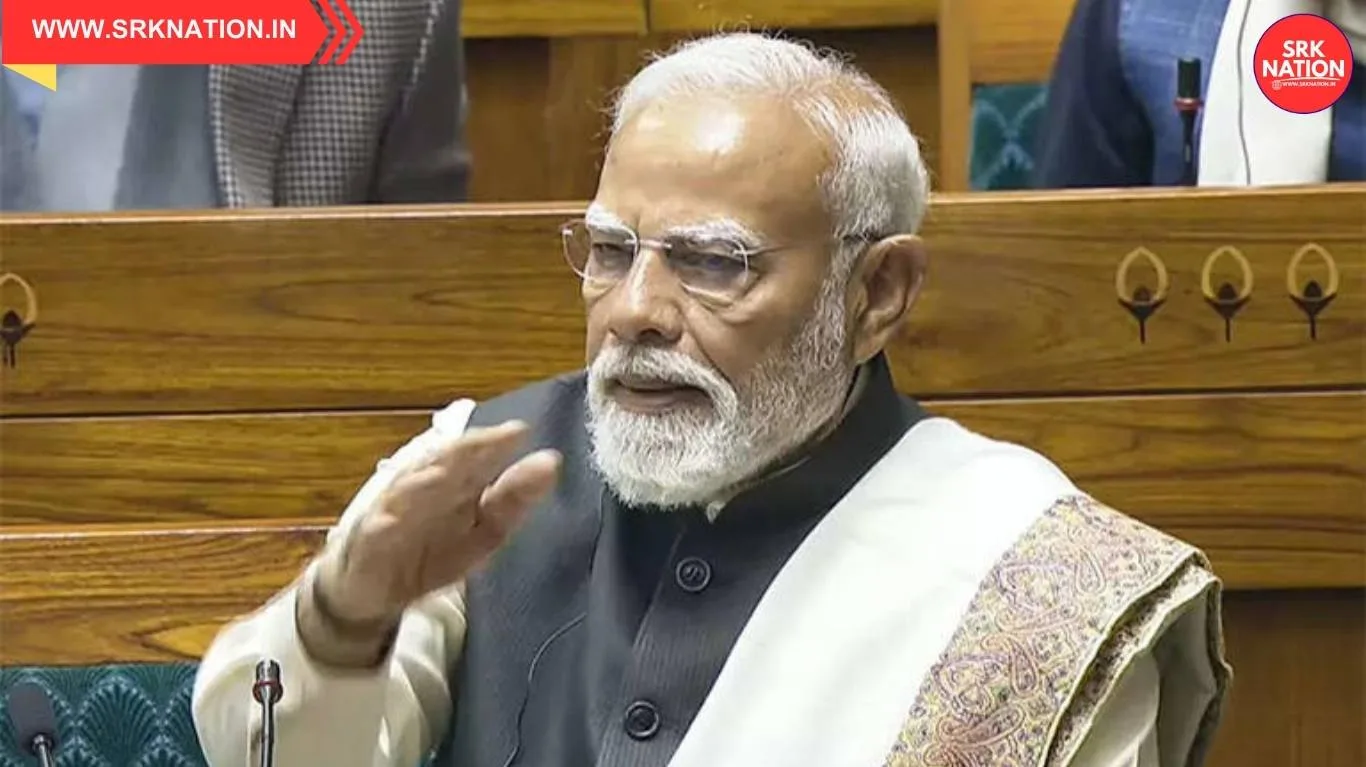In a move that has sparked debate over corporate responsibility and urban planning, IT major Wipro has formally declined Karnataka Chief Minister Siddaramaiah’s request to open its Sarjapur Road campus in Bengaluru for public access to help ease traffic congestion in the area. The request, made during a high-level meeting on September 23, 2025, was aimed at allowing commuters to use internal roads within the tech park as a transit corridor to bypass gridlocked junctions.
Wipro, in its response to the state government, cited security concerns, operational disruptions, and employee safety as key reasons for its refusal. The company emphasized that its campus is a high-security zone housing critical data centers, R&D labs, and confidential client operations, and cannot be opened to non-employees without compromising protocols.
Wipro’s Bengaluru Campus – Key Details
| Parameter | Description |
|---|---|
| Location | Sarjapur Road, Bengaluru |
| Area | 50 acres |
| Employees | Over 25,000 |
| Facilities | R&D labs, client zones, data centers |
| Security Level | Tier-3 biometric and surveillance systems |
The Chief Minister’s proposal was part of a broader initiative to decongest Bengaluru’s tech corridors, which have been plagued by chronic traffic snarls, especially during peak hours. The Sarjapur-Marathahalli stretch, home to several IT parks, sees over 1.2 lakh vehicles daily, with average commute times exceeding 90 minutes.
Siddaramaiah had suggested that Wipro allow limited public access during peak hours, with designated entry and exit points monitored by traffic police and private security. However, Wipro’s internal committee, after reviewing the proposal, concluded that such a move would pose “unacceptable risks” to its infrastructure and client confidentiality.
Government Proposal vs Wipro’s Response – Comparative Overview
| Aspect | Government Proposal | Wipro’s Response |
|---|---|---|
| Access Type | Limited public access during peak hours | Denied due to security concerns |
| Monitoring Mechanism | Joint traffic police and private guards | Not feasible for internal protocols |
| Infrastructure Impact | Minimal, with designated corridors | High risk to operations and safety |
| Employee Safety | Separate lanes for staff | Potential breach of secure zones |
| Legal Liability | State to indemnify Wipro | Not acceptable under company policy |
Urban mobility experts have expressed disappointment over the denial, stating that tech parks must play a more active role in easing civic burdens. “These campuses occupy massive land parcels in high-density zones. Controlled public access could be a win-win,” said Dr. Ramesh Naik, a transport planner with the Bengaluru Urban Mobility Authority.
However, industry bodies like NASSCOM have backed Wipro’s stance, arguing that IT firms operate under strict client confidentiality norms and cannot afford to compromise on physical or data security. “We must find alternative solutions like elevated corridors, signal-free loops, and better public transport,” said NASSCOM Karnataka Chairperson Anjali Rao.
Traffic Congestion in Bengaluru – Impact Zones and Stats
| Area / Corridor | Daily Vehicle Load | Average Commute Time | Key Bottlenecks |
|---|---|---|---|
| Sarjapur–Marathahalli | 1.2 lakh | 90 minutes | Iblur Junction, Bellandur |
| Outer Ring Road (ORR) | 1.5 lakh | 75 minutes | Silk Board, HSR Layout |
| Whitefield–ITPL | 1.1 lakh | 85 minutes | Kundalahalli, Graphite India |
| Electronic City | 1.3 lakh | 70 minutes | Hosur Road, Bommanahalli |
The state government is now exploring alternate measures, including fast-tracking the Metro Phase 2B line, expanding BMTC bus fleets, and implementing staggered work hours for tech employees. A proposal to build a signal-free corridor from Sarjapur to Hebbal is also under review.
Siddaramaiah, while expressing disappointment over Wipro’s decision, said, “We respect their concerns, but we urge all stakeholders to cooperate in making Bengaluru livable. The city’s growth must be matched with shared responsibility.”
Social media has been abuzz with reactions, with hashtags like #BengaluruTraffic, #WiproCampusAccess, and #UrbanMobility trending across platforms. Citizens have voiced mixed opinions, with some supporting Wipro’s stance and others demanding greater corporate accountability.
Public Sentiment – Reaction to Wipro’s Denial
| Platform | Engagement Level | Sentiment (%) | Top Hashtags |
|---|---|---|---|
| Twitter/X | 1.4M mentions | 68% critical | #WiproCampusAccess #BengaluruTraffic |
| 1.2M interactions | 72% frustrated | #UrbanMobilityCrisis #TechParkAccess | |
| 980K views | 74% mixed | #BengaluruCommute #WiproResponse | |
| YouTube | 860K views | 70% analytical | #TrafficSolutions #BengaluruDebate |
Urban planners have called for a city-wide mobility summit involving government, corporates, civil society, and transport experts to co-create sustainable solutions. “We need integrated thinking, not isolated decisions,” said Prof. Meera Krishnan of IIM Bangalore.
As Bengaluru continues to grapple with infrastructure stress, the Wipro episode underscores the complex balance between private enterprise autonomy and public interest. The debate is far from over, and the city’s future may well depend on how its stakeholders choose to collaborate.
Disclaimer: This article is based on publicly available government statements, corporate responses, and verified media reports. It does not constitute legal or investment advice. All quotes are attributed to public figures and institutions as per coverage. The content is intended for editorial and informational purposes only.











